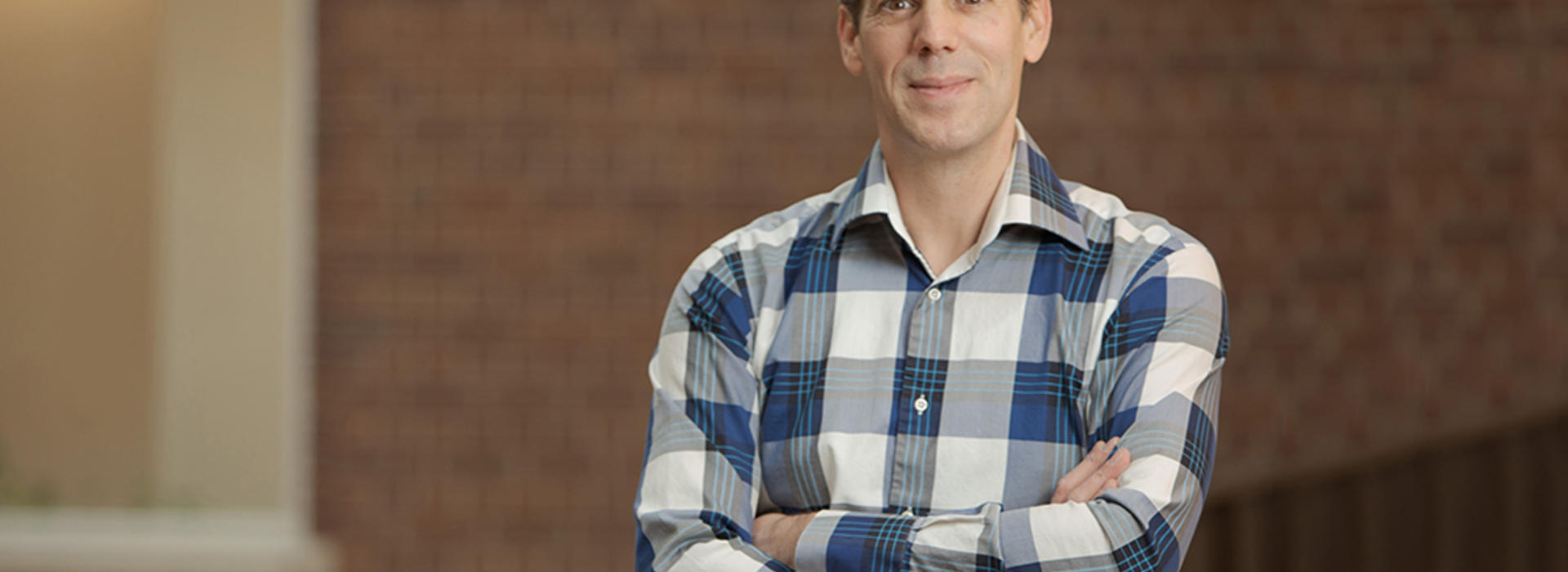
Dr. Jop van Berlo's Research Brings Life-Saving Therapies to Patients
Five years ago, Jop Van Berlo, MD, PhD, arrived at the University of Minnesota from Cincinnati, Ohio. He came here to further establish his research program on cardiac regeneration.
“I’m hoping that the work that I do will be looked back upon as having a significant impact on how we treat patients with heart failure,” says van Berlo.
He found the motivation for his research when he was clinically active. “I noticed how even the best treatments we could give were not always helping all patients, so I felt there was a need to improve current therapies,” he says.
Seeking to improve the medical community’s understanding of various disease processes that lead to a patient’s illness, van Berlo had discovered the path he wanted to pursue.
“Over the years, I have seen notable change in the research methods used. However, the root of the issues never change. What stays constant is a sense of curiosity and asking questions that are important and relevant,” he explains.
New techniques have improved the ability to address the questions of researchers. “The most invigorating part of my work comes from the opportunity to ask questions that no one has ever been able to ask before,” he says.
The Big Picture
“Short term, I hope to gain a better understanding of why the heart has a limited regenerative capacity,” says van Berlo,
More specifically, he would like to figure out which cells contribute to this low regenerative ability.
“Long term, I want to find or identify or find ways of enhancing this low regenerative ability so that we could develop new therapies to help patients with cardiac issues,” he says.
Ultimately, van Berlo hopes to improve patient care along the way of his research and increase the availability of treatments for all.
“A driving force behind my decision to go into academic medicine was the lack of current therapies. The other, was simply curiosity about understanding how the body works,” he explains.
An Exciting Future
Throughout the first five years at the University of Minnesota, van Berlo has been able to successfully establish his lab here. “My hope is, in the next five years, I can grow my lab to accelerate the research into cardiac regeneration that I’m currently doing,” he says.
After feeling that there was a large hole in understanding why patients respond to therapies differently, Dr. van Berlo continually seeks to find answers to his questions.
“I think that is really exciting and invigorating and every day I’m excited to go back and answer those important questions,” he says.